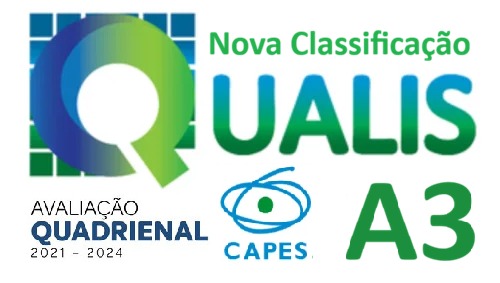Attenuation coefficients for fibrous self-compacting concrete in the energy range of 50-3000keV
DOI:
https://doi.org/10.15392/bjrs.v5i1.249Palabras clave:
attenuation coefficient, concrete, self-compacting, shielding, Monte CarloResumen
The fibrous self-compacting concrete is a high performance concrete with uniformly distributed iron fibers, developed and characterized by Maragon (2006 and 2009). Transmission measurements, with 137Cs and 60Co sources were performed for the attenuation coefficients determination for both ordinary and fibrous self-compacting concretes. The results were compared to each other and to the values found in the literature for ordinary concrete. The mass attenuation coefficient for the fibrous self-compacting concrete showed to be higher than those for ordinary concrete of about 5%, depending on the gamma energy. However, it should be noted that the density of fibrous self-compacting concrete is higher than ordinary concrete, 2.4 g/cm3 and 1.9 g/cm3 respectively, increasing still further the difference in mass attenuation coefficient. In addition to that, by using Monte Carlo simulations, with MCNP5 Monte Carlo computer code, the data was extended to the 50-3000 keV gamma energy range.
Descargas
Descargas
Publicado
Número
Sección
Licencia
Licencia: los artículos de BJRS tienen una licencia internacional Creative Commons Attribution 4.0, que permite el uso, el intercambio, la adaptación, la distribución y la reproducción en cualquier medio o formato, siempre que se otorgue el crédito correspondiente al autor o autores originales y a la fuente, proporcione un enlace a la licencia Creative Commons e indique si se realizaron cambios. Las imágenes u otros materiales de terceros en el artículo están incluidos en la licencia Creative Commons del artículo, a menos que se indique lo contrario en una línea de crédito al material. Si el material no está incluido en la licencia Creative Commons del artículo y su uso previsto no está permitido por la regulación legal o excede el uso permitido, el autor deberá obtener el permiso directamente del titular de los derechos de autor. Para ver una copia de esta licencia, visite http://creativecommons.org/licenses/by/4.0/



























